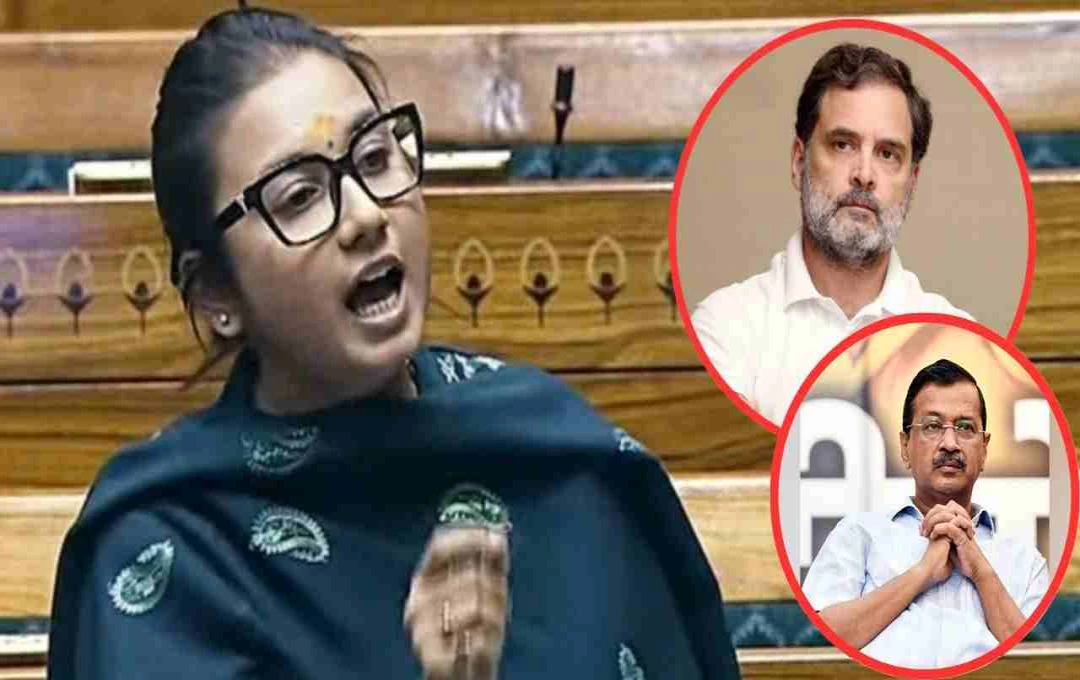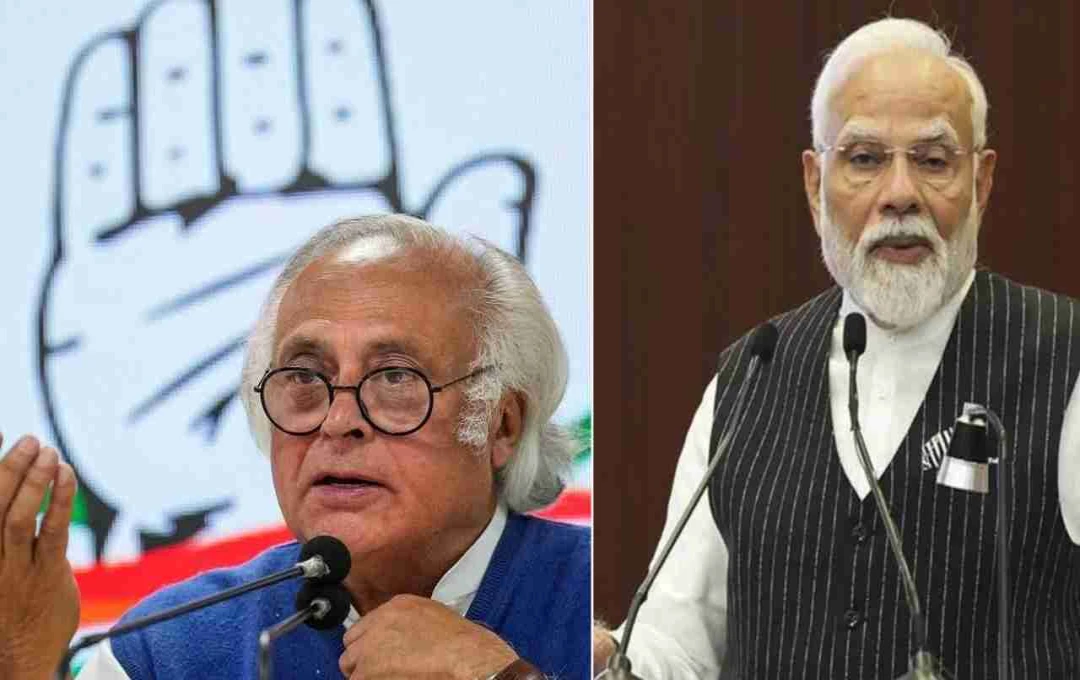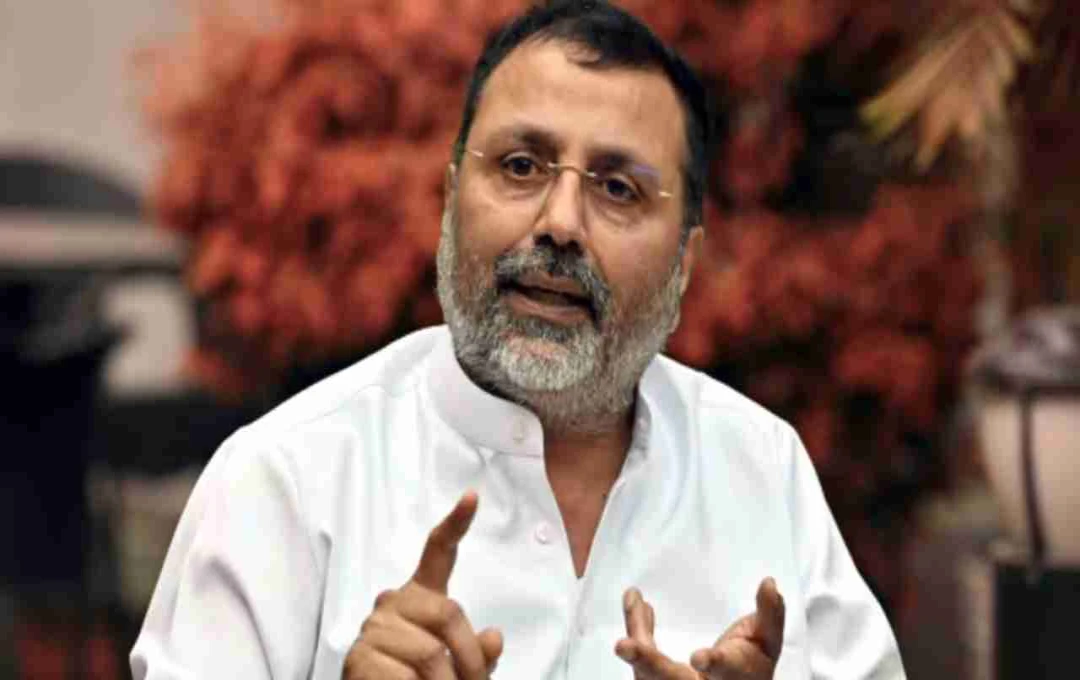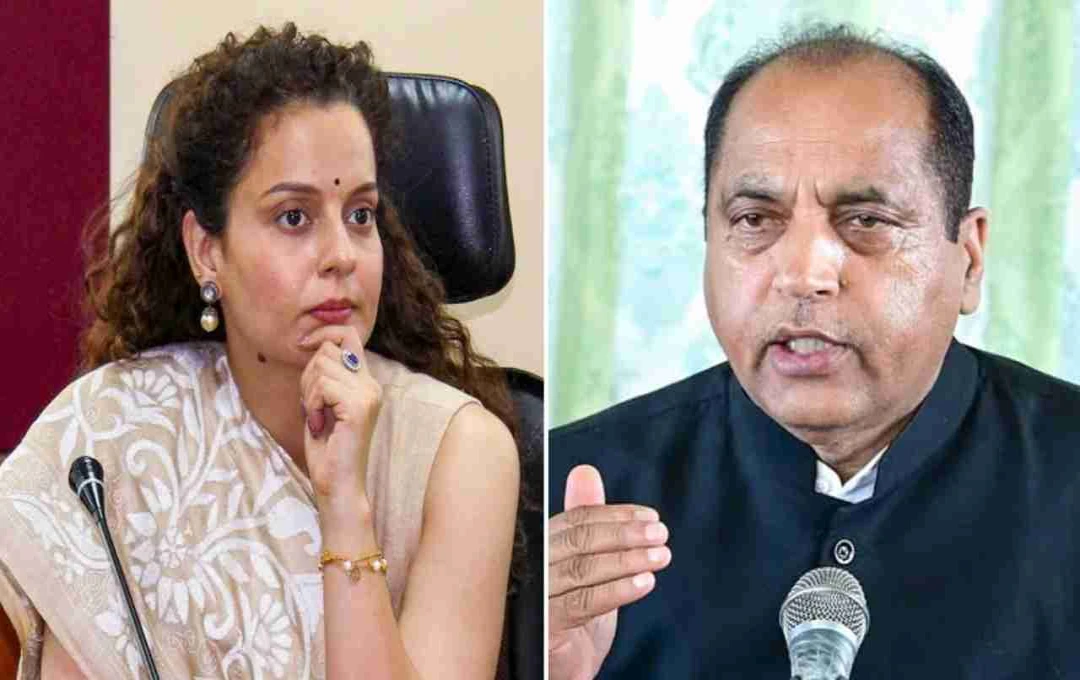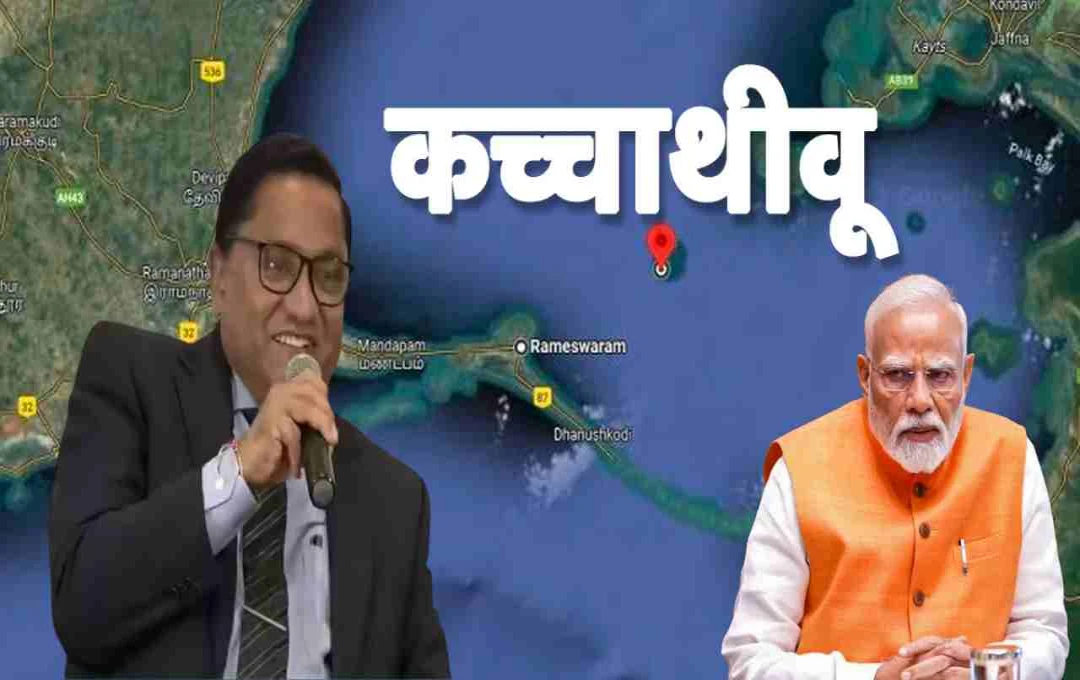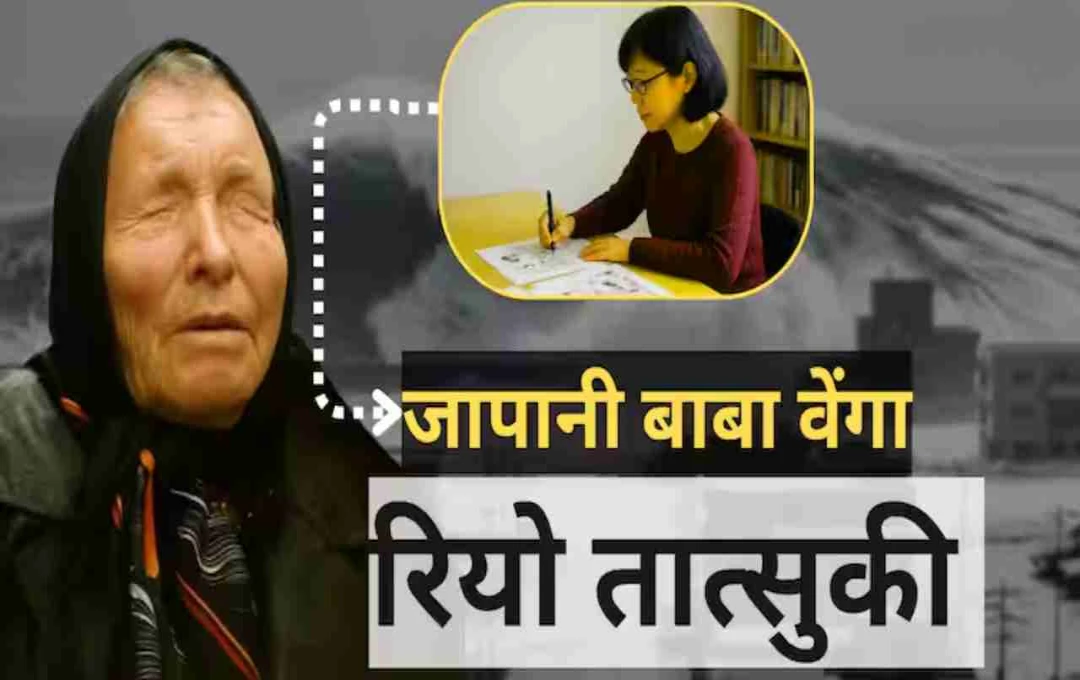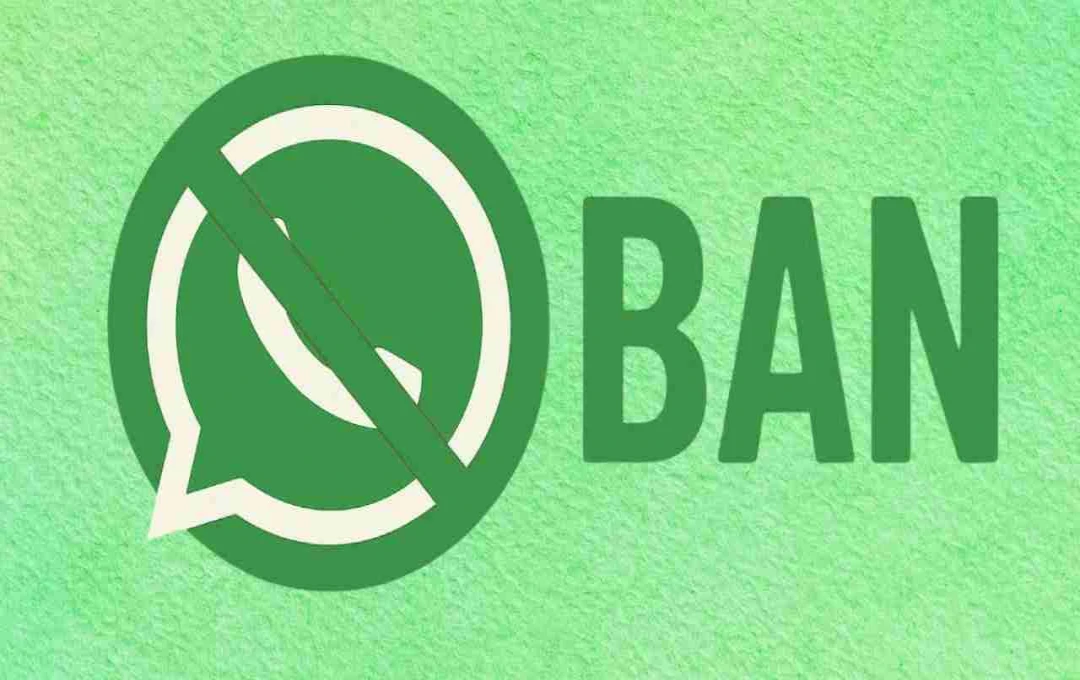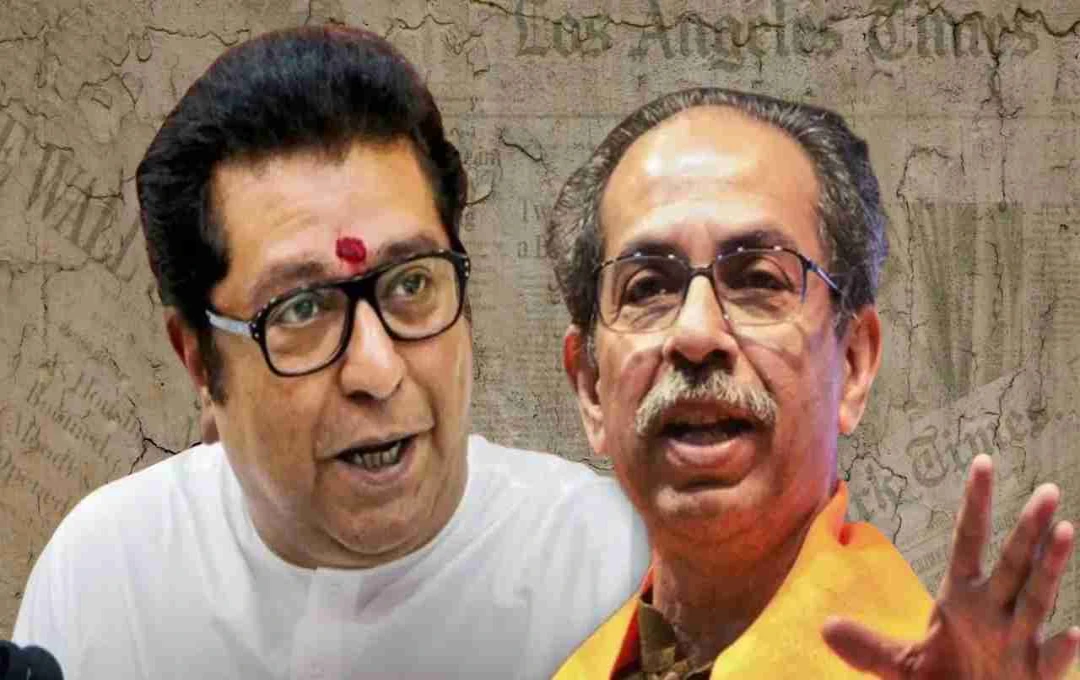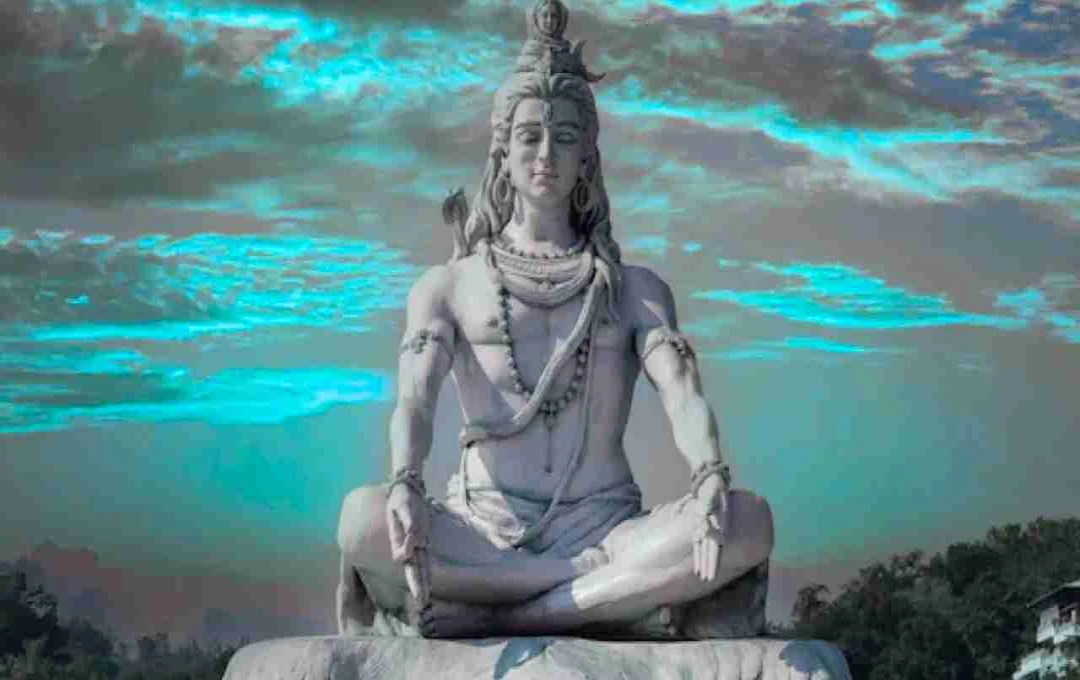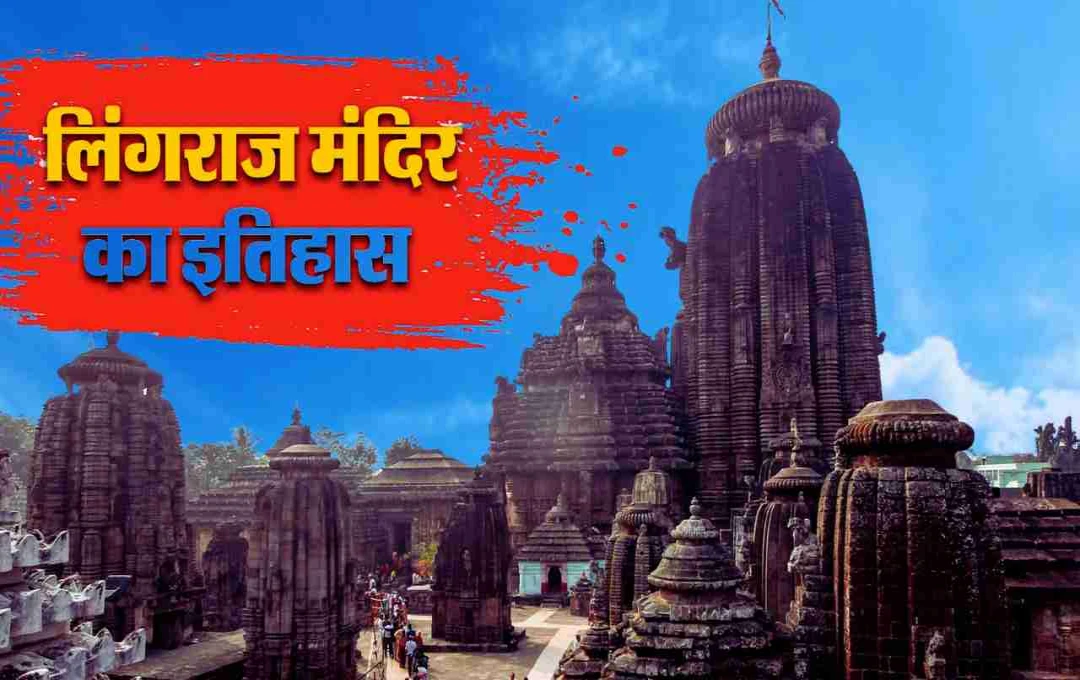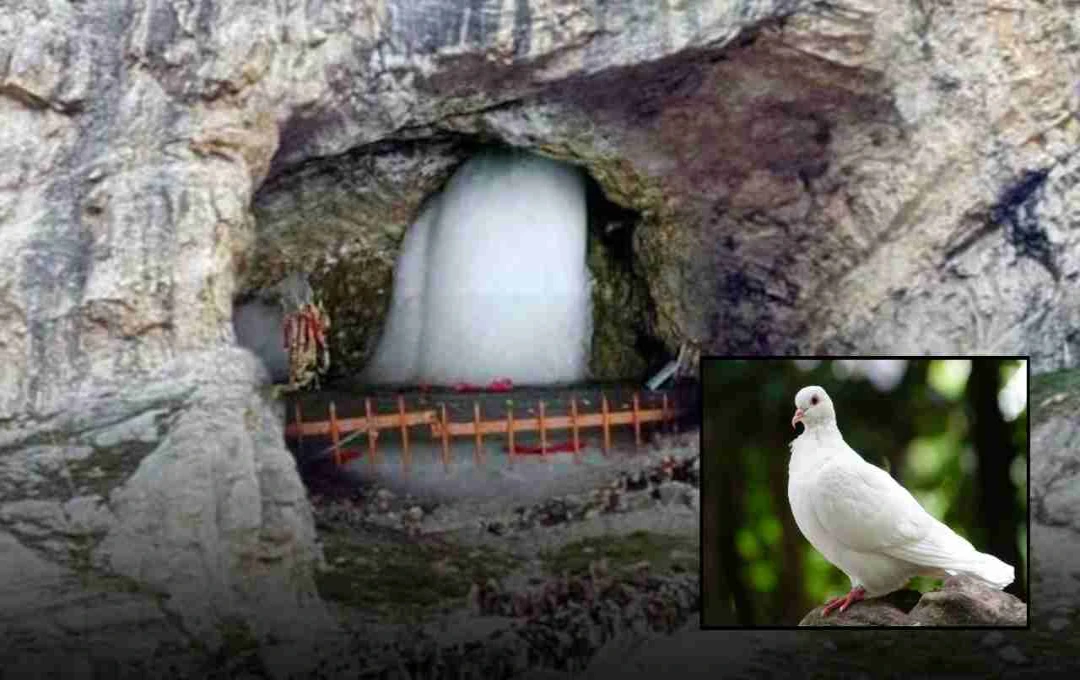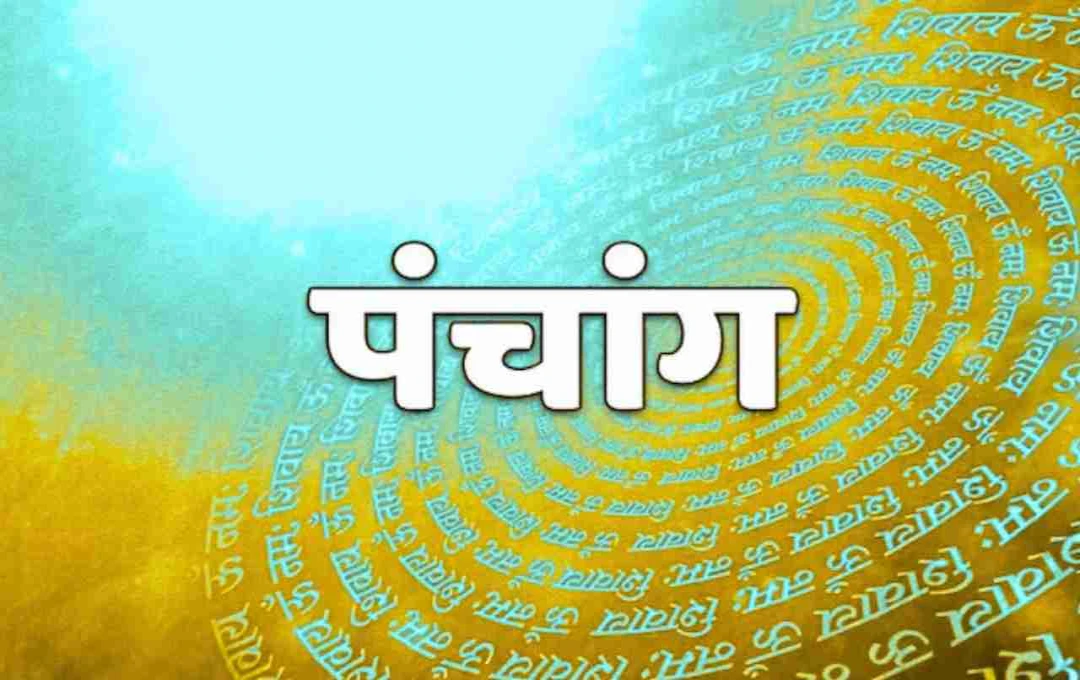The tradition of the Dalai Lama, considered the soul and identity of Tibetan Buddhism, currently stands at a historical juncture. Traditionally, the selection of the Dalai Lama, after the passing of the current lama, is based on the recognition of his reincarnation.
Who will be the Successor of Dalai Lama: The 14th Dalai Lama, Tenzin Gyatso, a symbol of peace, compassion, and non-violence in the world, may make a historic announcement on his 90th birthday, July 6, 2025. Not only the Tibetan Buddhist community, but also countries like India, China, and the United States are eagerly watching. The question is—who will be the 15th Dalai Lama?
This has become not just a religious tradition, but also a subject of global geo-politics. According to tradition, the reincarnation is sought only after the death of the Dalai Lama, but the 14th Dalai Lama, due to China's increasing interference, has indicated that he may announce his successor during his lifetime.
The Historical Significance of the Dalai Lama
The Dalai Lama is considered the supreme leader of the Gelug school of Tibetan Buddhism. He is also considered an incarnation of the Bodhisattva of Compassion, Avalokiteśvara. This title was given to the third Dalai Lama, Sonam Gyatso, by the Mongol ruler Altan Khan in the 16th century. In the 17th century, the fifth Dalai Lama established the Ganden Phodrang government, uniting religious and political leadership in Tibet.
In 1959, when China occupied Tibet, the 14th Dalai Lama took refuge in India, reaching Dharamshala and operating the exiled Tibetan administration from there. In 1989, he was awarded the Nobel Peace Prize for peace and non-violence, which made him a globally recognized leader.
The Challenge of Succession
Traditionally, the Dalai Lama is chosen through a process of reincarnation after his death. A committee of senior lamas searches for potential children who can prove their authenticity by recognizing the belongings of the previous Dalai Lama. But this time the story is a little different. China has repeatedly indicated that it will select the 15th Dalai Lama in its own way, as it did with the Panchen Lama in 1995. The 14th Dalai Lama has dismissed this outright, making it clear that any successor chosen by China would be illegal.
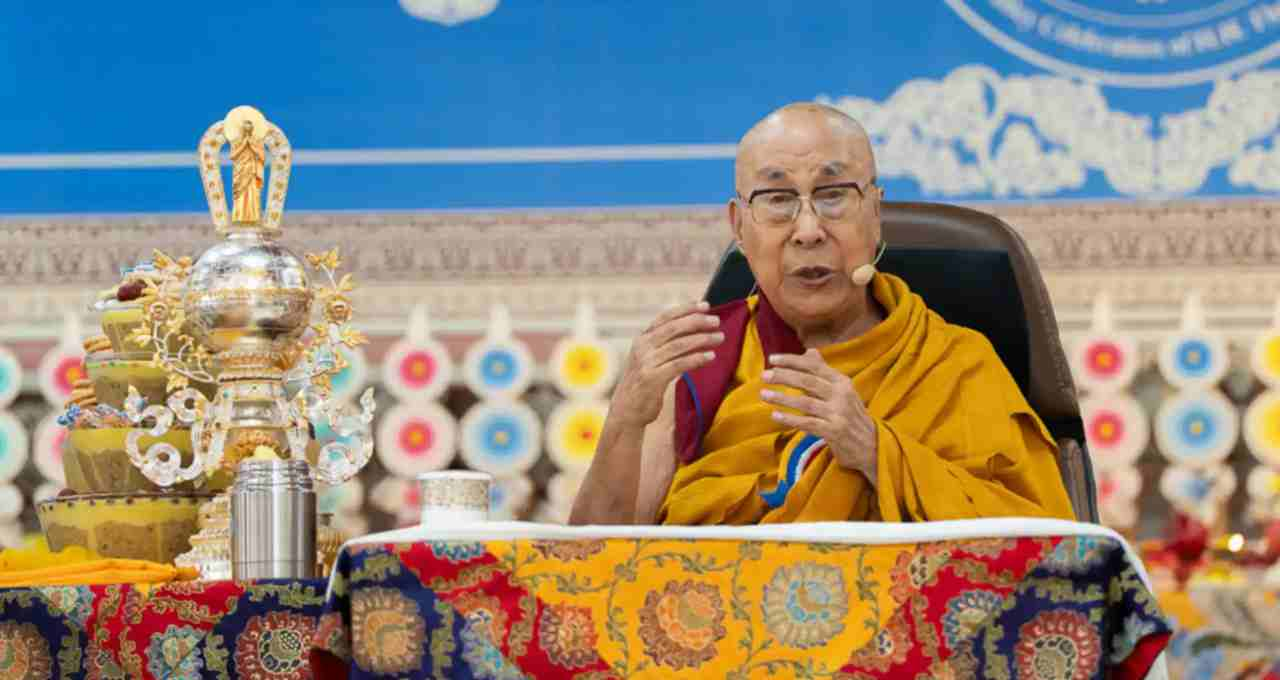
He said that the next Dalai Lama would be born not in Chinese-occupied Tibet, but in the "free world" — meaning in India, the Himalayan region, or places like Ladakh. At the same time, he also said that if necessary, he would select a successor during his lifetime.
Responsibility of the Ganden Phodrang Trust
Established in 2015, the Ganden Phodrang Trust has been given the responsibility for the entire process. This trust will identify the reincarnation with the help of senior Tibetan lamas, religious institutions, and Buddhist scholars, so that it can be saved from Chinese interference. The Dalai Lama has said that the method of "Emanation" can also be adopted, in which the next incarnation is announced during his lifetime. This method will prove to be a big blow for China, because then it will not be able to impose its political intentions.
China's Strategy and Controversy
China, referring to the 'Golden Urn' method of 1793, has claimed that it is entitled to put the final seal on the recognition of the Dalai Lama. But the Tibetan community and the current Dalai Lama consider it an attack on religious freedom. In the case of the Panchen Lama in 1995, China also appointed a Panchen Lama of its choice, while Gendun Choekyi Nyima, recognized by the Dalai Lama, is still missing.
China has also clarified that its chosen 15th Dalai Lama will be considered "valid," and for this it has even started online monitoring of religious reincarnation. But the Tibetan people consider it a tool of politics.
The Role of India and America
India has given refuge to the Tibetan exiled administration since 1959, and about 1 lakh Tibetan refugees live here. India often remains silent publicly for fear of China's displeasure, but has been supporting Tibetans at the level of cultural and religious freedom. On the other hand, America, through the Tibetan Policy and Support Act passed in 2020, has made it clear that the next Dalai Lama will be chosen according to Tibetan tradition. It also includes provisions for sanctions to prevent Chinese interference.
July 6, 2025: The Historic Date
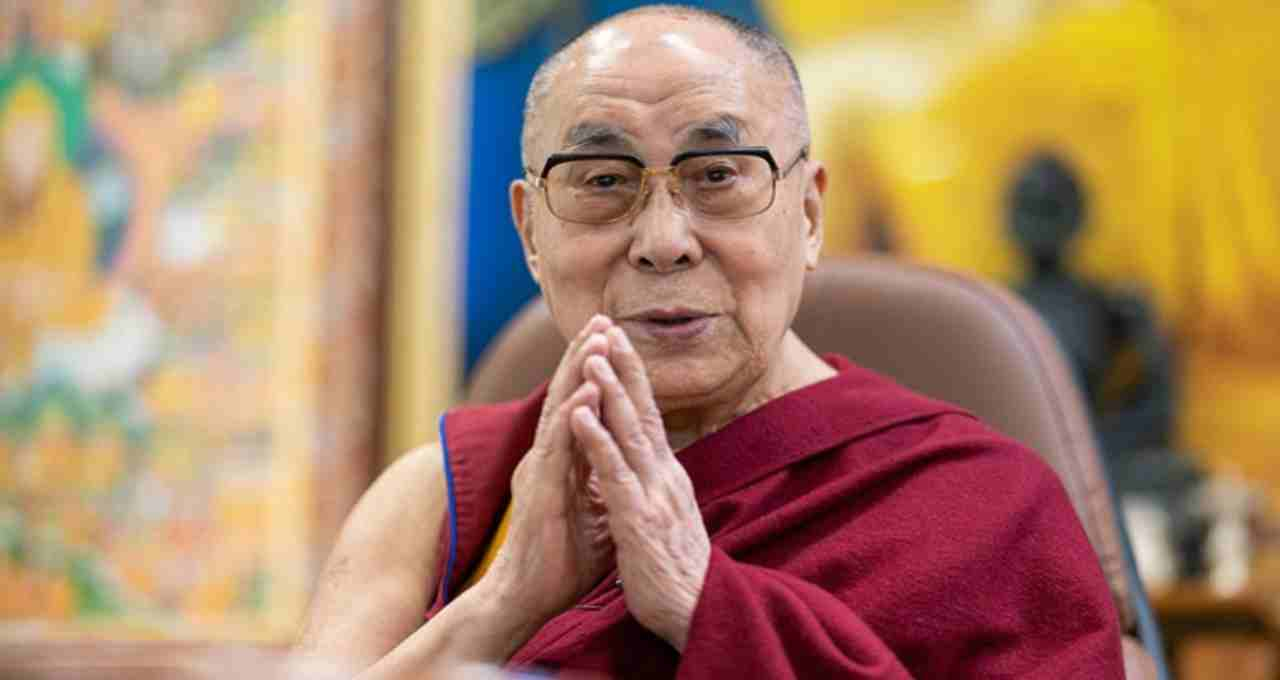
Now, all eyes are on July 6, 2025, when the 90th birthday of the 14th Dalai Lama will be celebrated in Dharamshala. According to sources, on this occasion he may make an important announcement regarding his successor. This will be a historic moment not only for the Tibetan community, but also for China and the world. If the Dalai Lama announces a successor during his lifetime, it will be a bold step in protecting Tibetan identity and religious tradition.
The Hopes and Concerns of Tibetans
There are both hopes and concerns among Tibetan refugees and Tibetan Buddhist followers around the world regarding the Dalai Lama's initiative. There is hope that it will protect Tibetan culture and tradition, but there is also concern that China will oppose it and impose its chosen "Dalai Lama" within Tibet. The Dalai Lama's decision strengthens the possibility of announcing a successor during his lifetime. This will not only be the protection of a religious tradition, but also a peaceful challenge to Tibetan identity in the face of an authoritarian regime like China.


